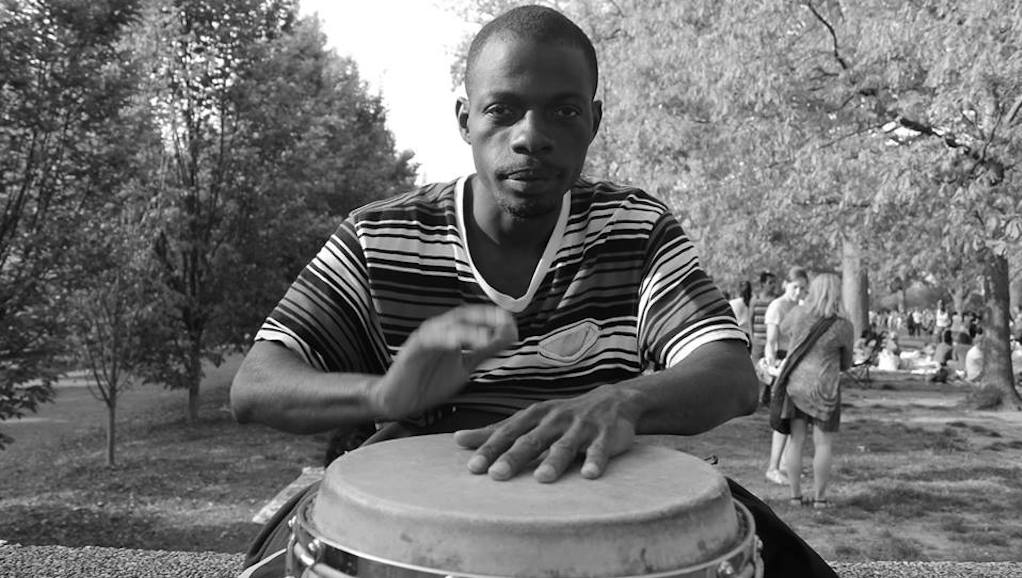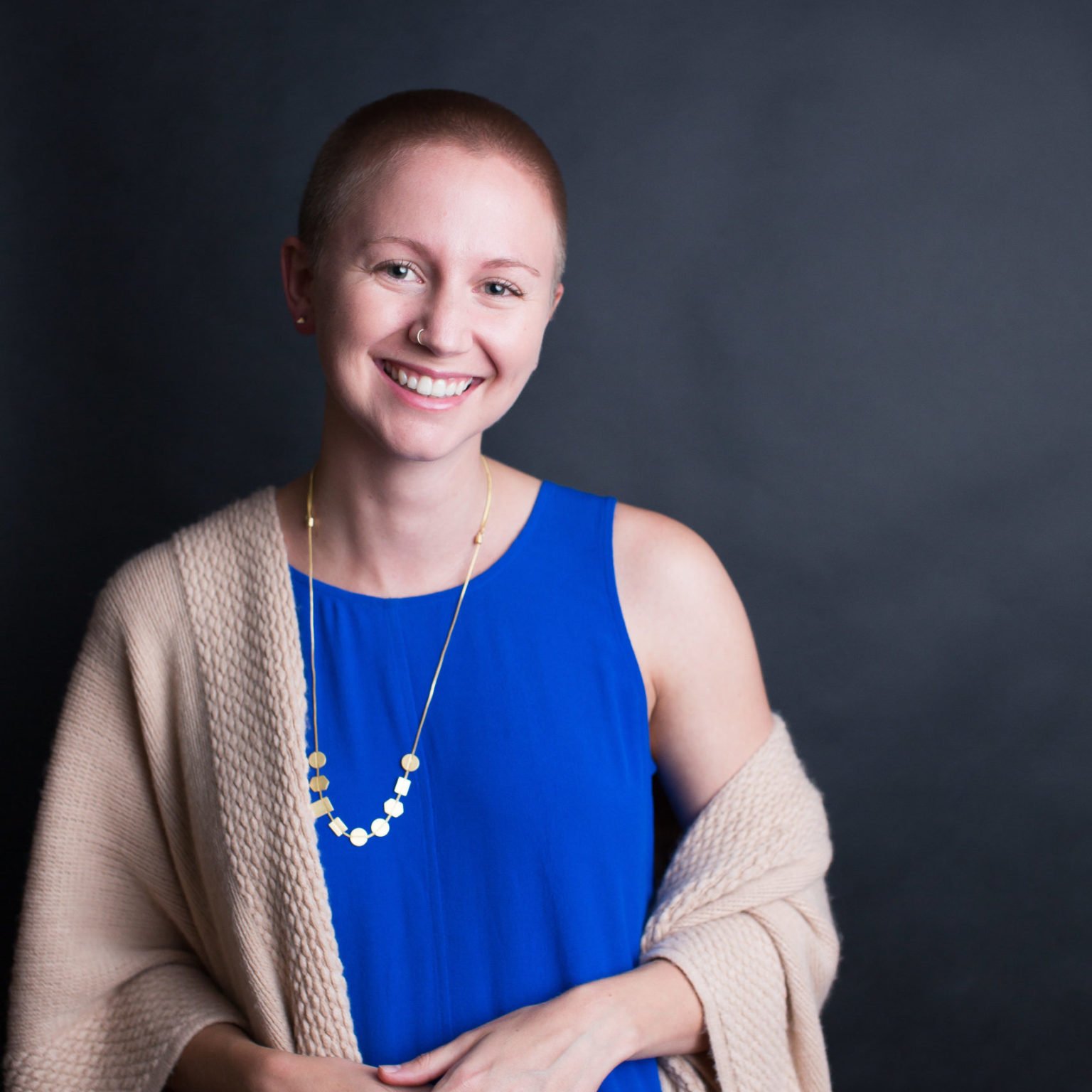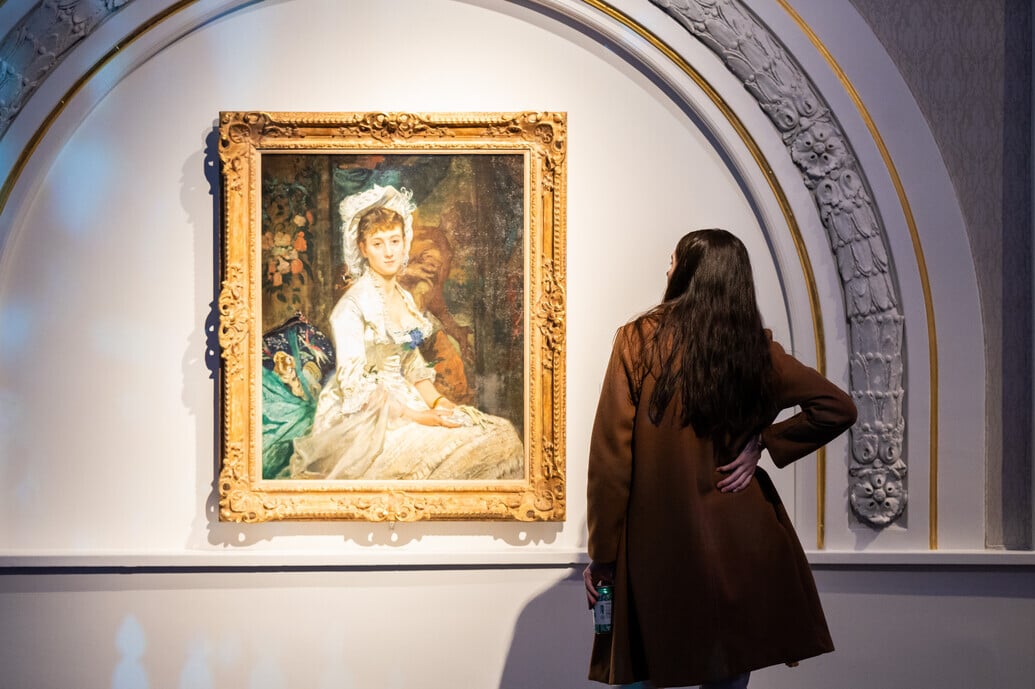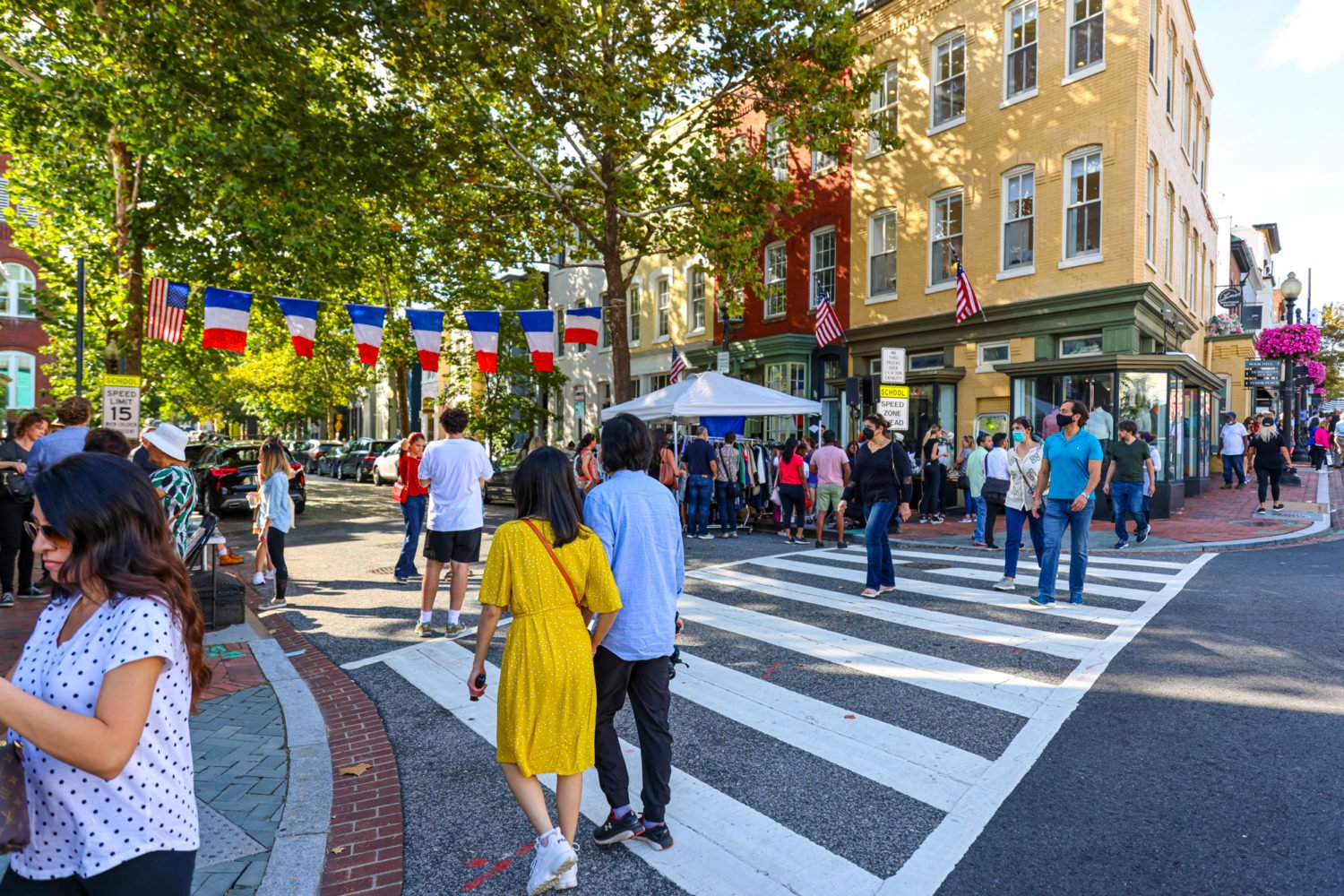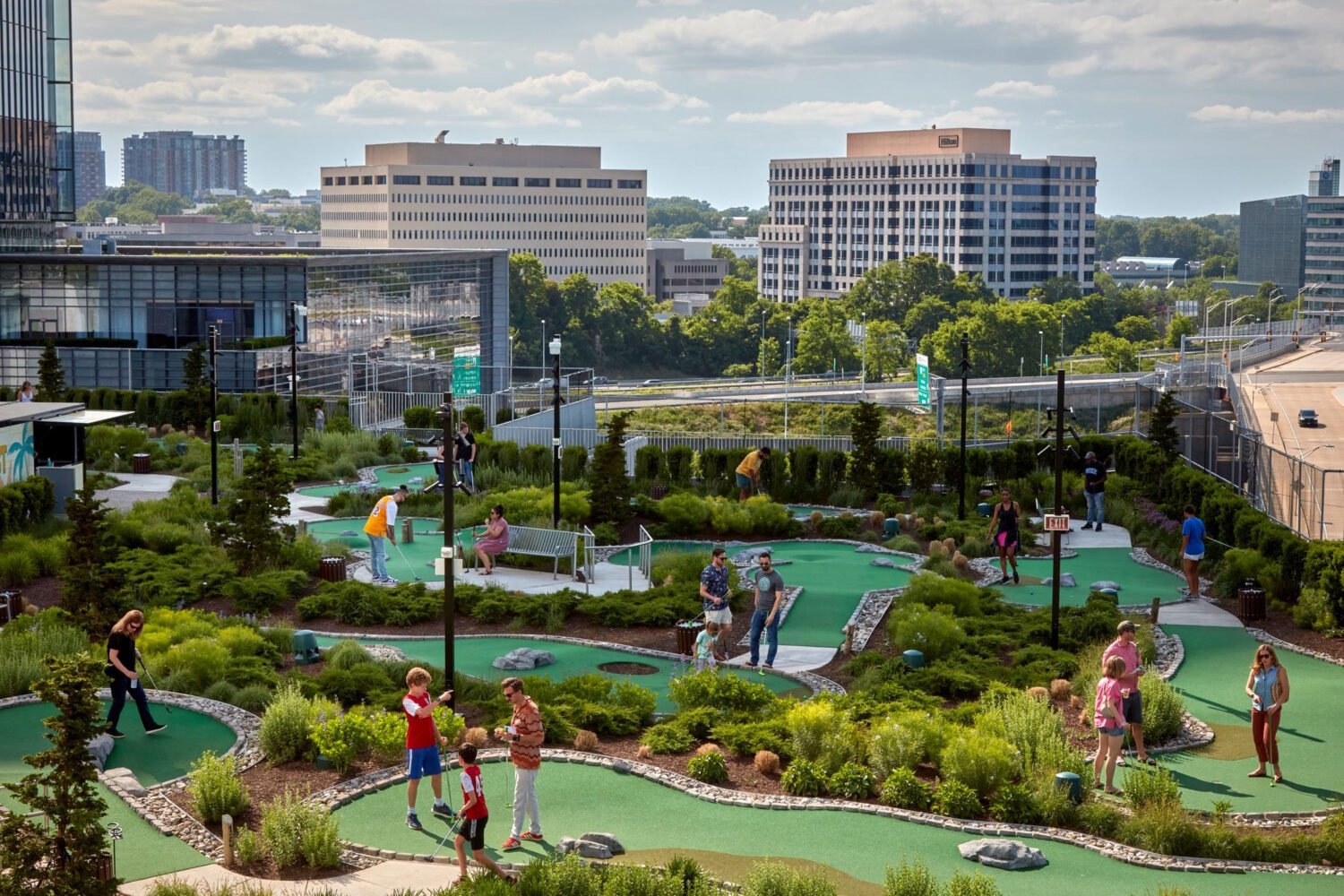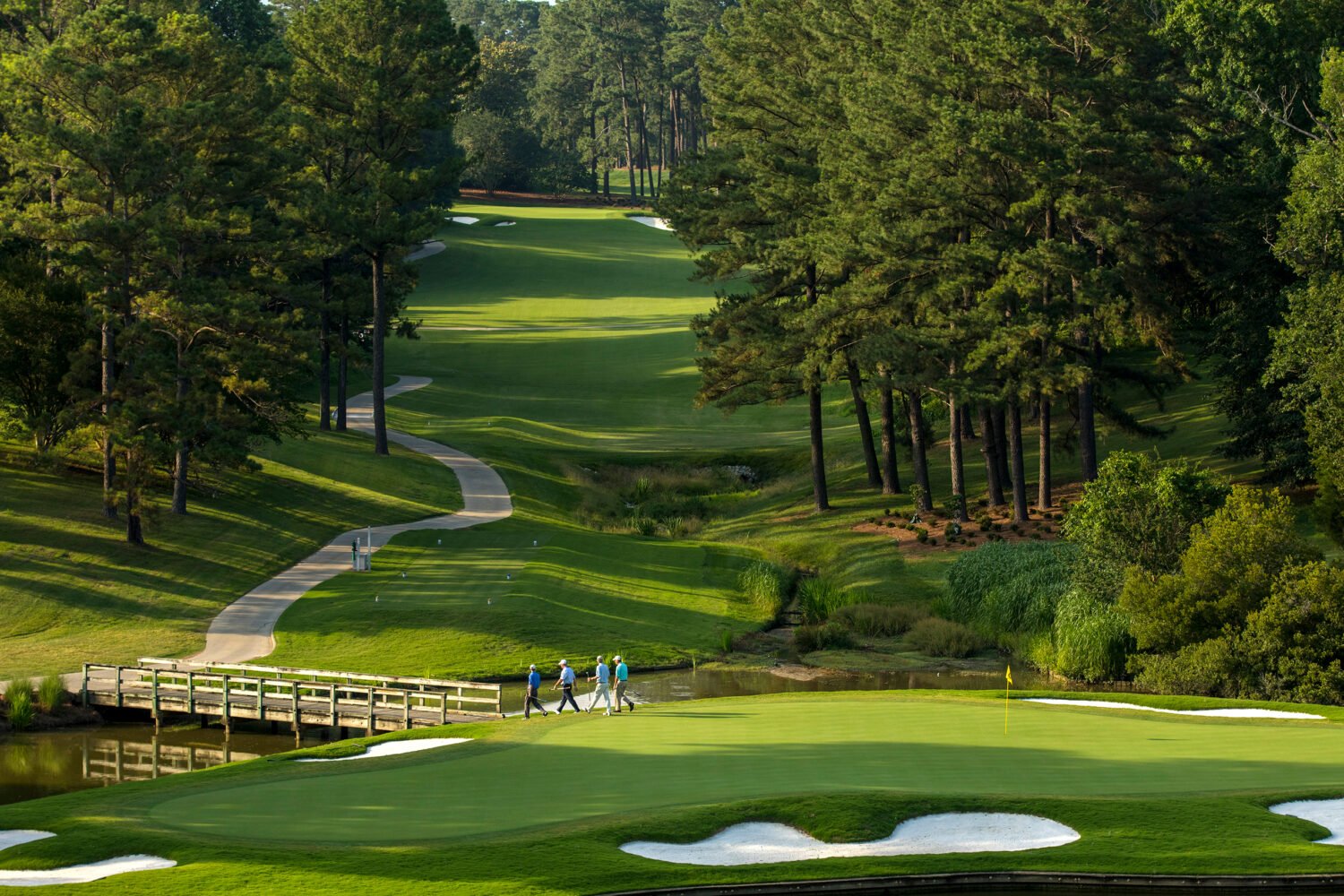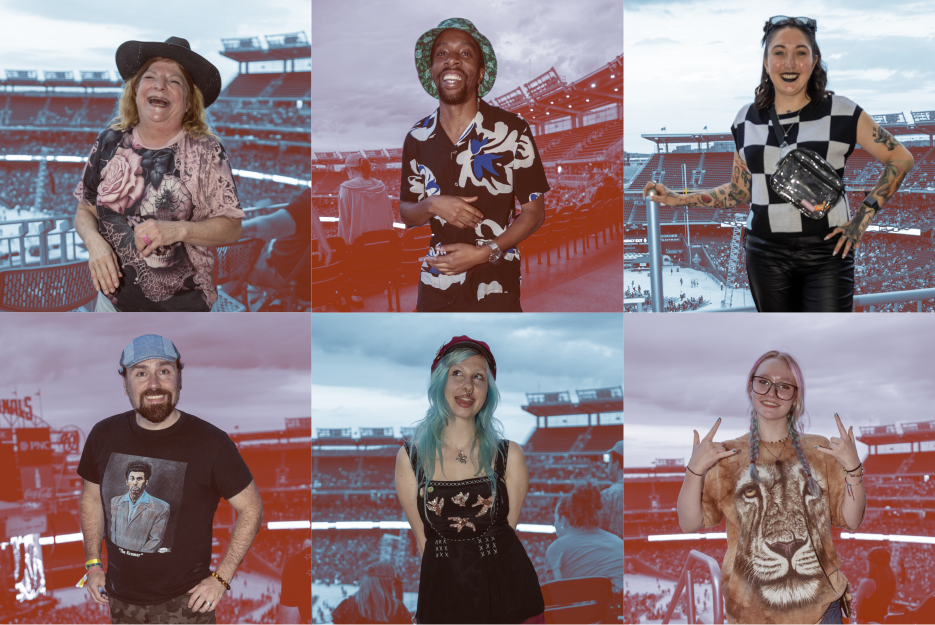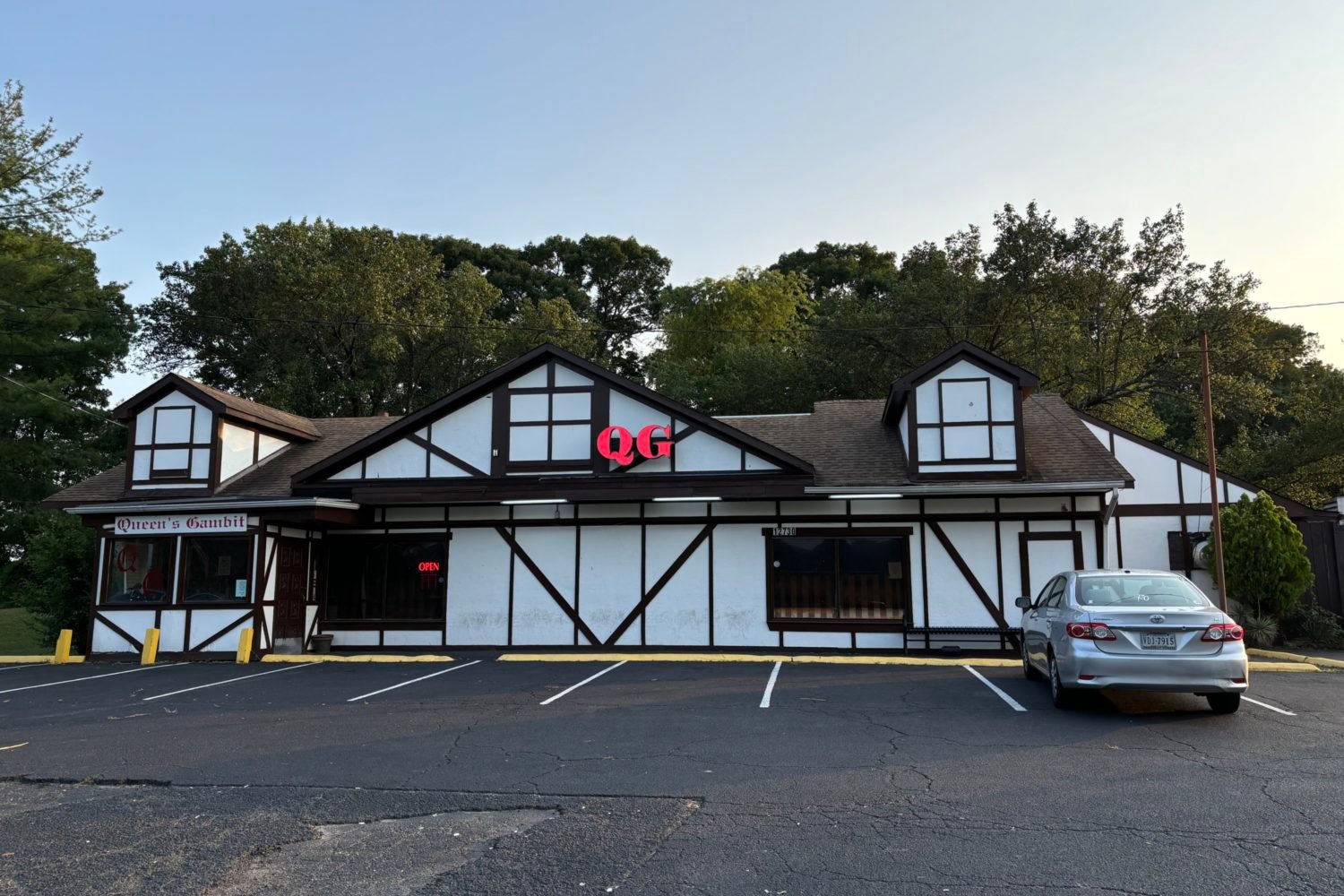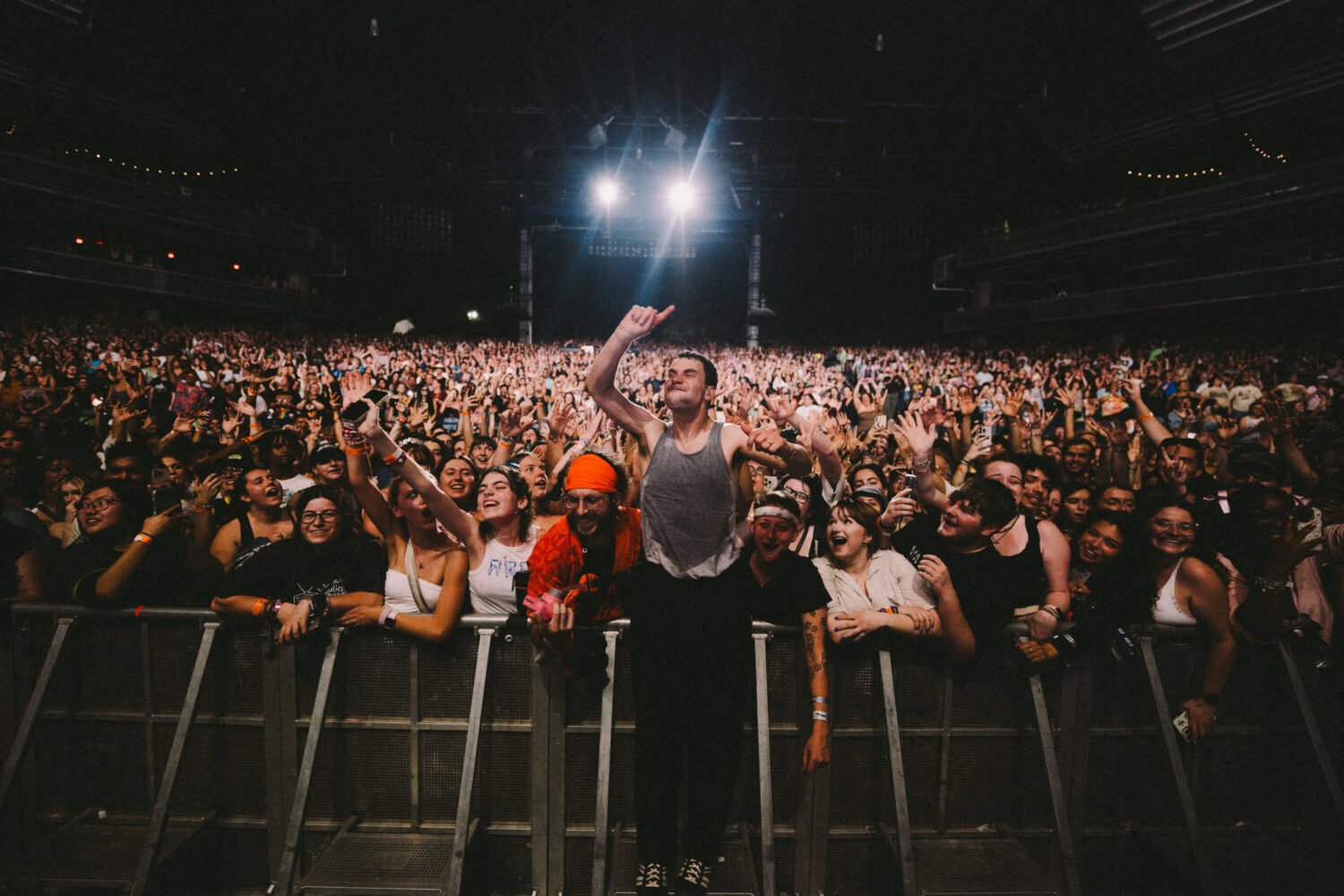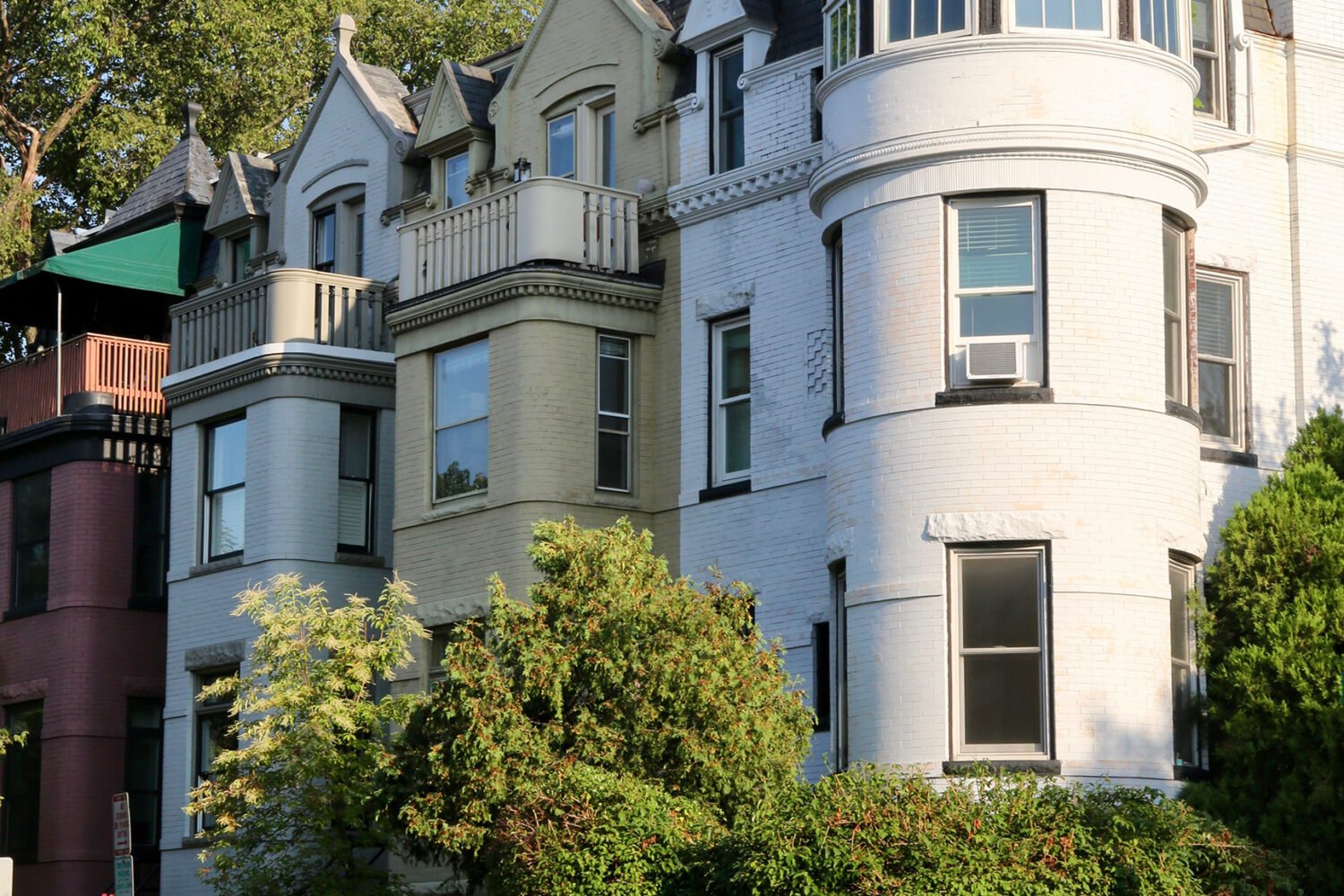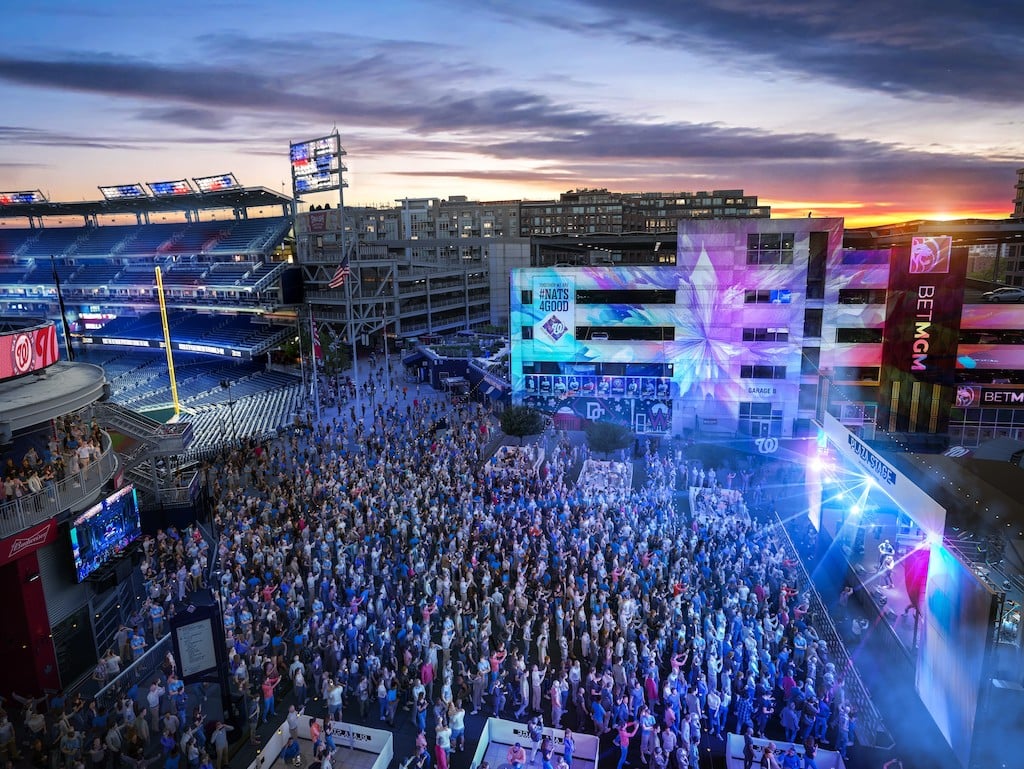When PJ Harvey sang about DC gentrification, she was criticized for focusing on physical spaces—run-down schools, housing projects, a looming Walmart. The city is more than buildings, the Community of Hope said. It’s made up of “living, breathing, feeling humans.”
And lots of sounds.
“What sounds make you think of DC?” asked Justin Rood, co-founder of the Funk Parade, when he called for sound submissions at the end of March for the “Sounds of the City” project, funded by the DC Office of Planning. “What sounds make you feel like you’re home?”
The Funk Parade collaborated with Grammy-nominated DC hip-hop artist Kokayi, who took 31 sounds from around the city and turned them into a four-song cycle for DJs to spin during Saturday’s parade. As Bandwidth reported in April, Kokayi was supposed to make just one song but decided to make four—one for each quadrant.
The first one he made is called “Gentry & the Ebon Road,” which uses “chaotic counter melodies and distorted sounds to represent the disenfranchisement of the legacy of U street,” Kokayi writes on his SoundCloud. “What happened to black Broadway?” he told Washingtonian. “Is it totally going to get wiped out?”
Around minute three of the track, you’ll hear a faint conversation between a father and daughter in Spanish. Kokayi says the person who sent in the recording labeled it “foreigners.” That pissed him off, and it was the catalyst for his creating four songs reflecting the whole city instead of one. “This is the point of why I need to do this,” he says. “This is why we need to have an open dialogue about what goes on in the city.”
Combating alienation in the city is also why the Funk Parade commissioned the song, which was inspired by a similar symphonic composition in Detroit. Rood says the parade is rooted in collaboration: “It’s something that you don’t just listen to or come to; this is something that you contribute to and that you’re apart of.”
Of the 31 sound submissions, some were unmistakably DC—music coming from the go-go CD shop at 7th and U streets, Northwest, that pan flute busker who sits outside Metro stations, the drum circle at Malcolm X Park. Others were more personal, like a person’s walk to his grandmother’s house or someone playing Bach on the piano. One was a 15-minute recording of buzzing construction labeled “house-flipping.”
In “Dreams Deterred-NE,” Kokayi used nature sounds to remind people that Ward 7 and 8 aren’t just crime-ridden; they actually have the most green space in the city. “I thought about the mosque on Kenilworth Ave…the birds, lilies and wildlife at the Aquatic Garden,” he writes.
He also uses manipulates an elevator beep as a sort of heartbeat monitor. “This death bell is ringing for northeast, but the heartbeat is coming back,” he says “The energy is coming back into that part of the city.”
For Rood, the songs represent an inclusive spirit that runs through the Funk Parade, which is “flourishing in reaction to a phenomenon in which everyone feels like they’re left out or an outsider,” he says. “But that cannot be the future of DC.”

